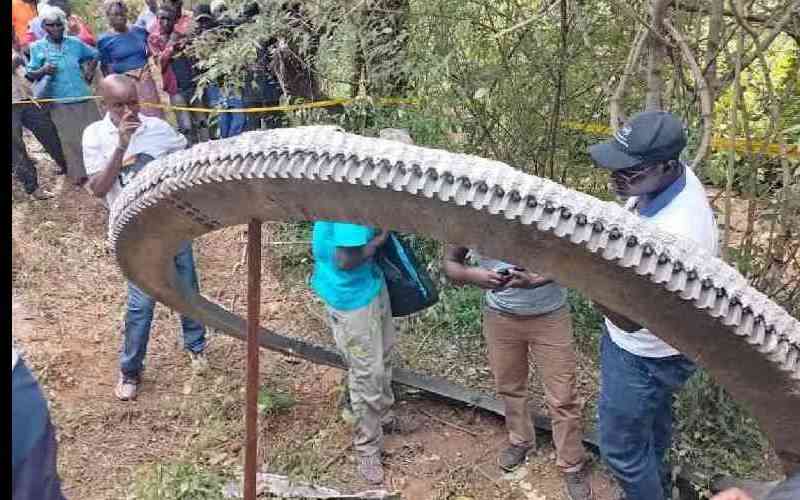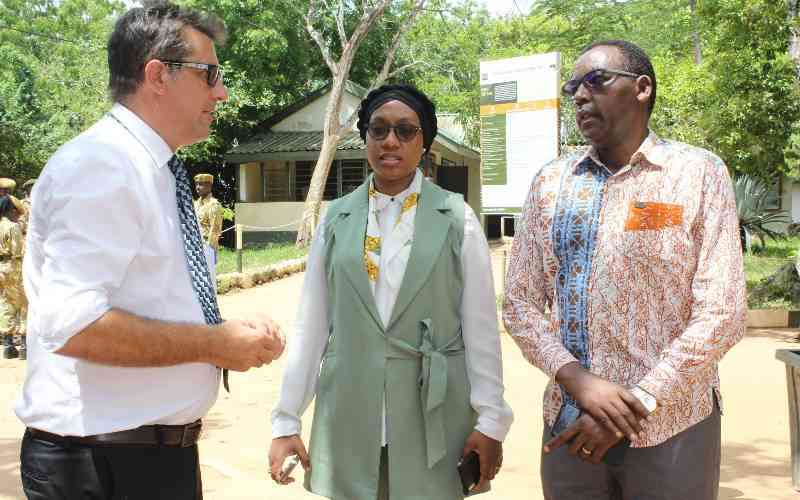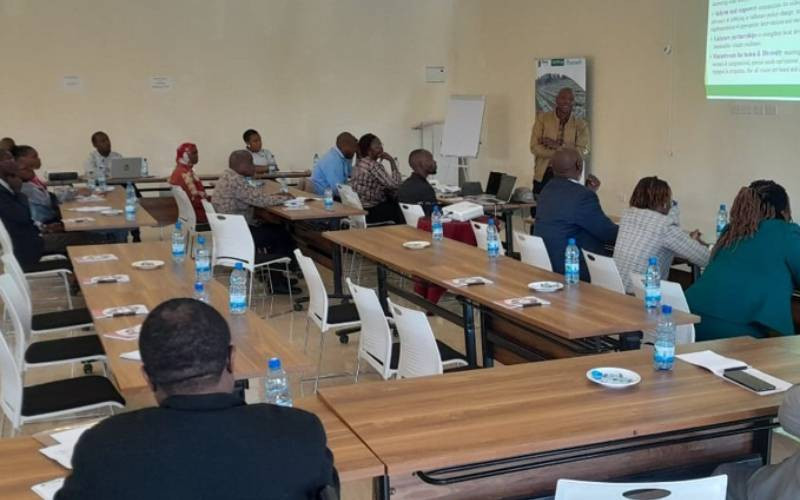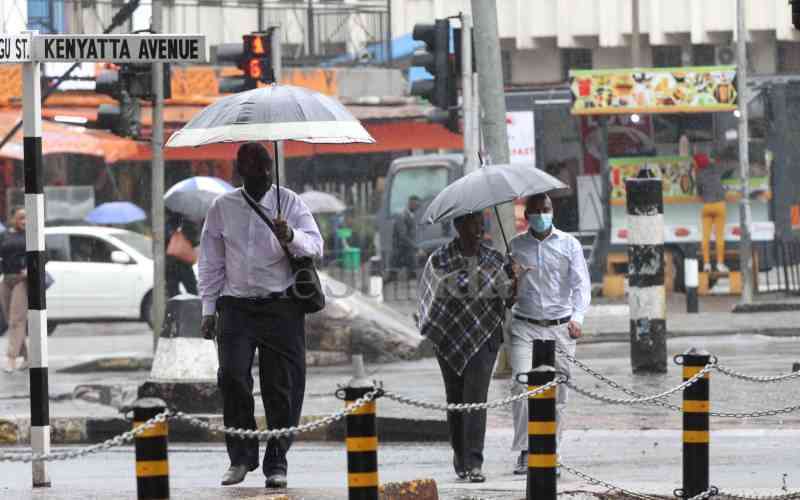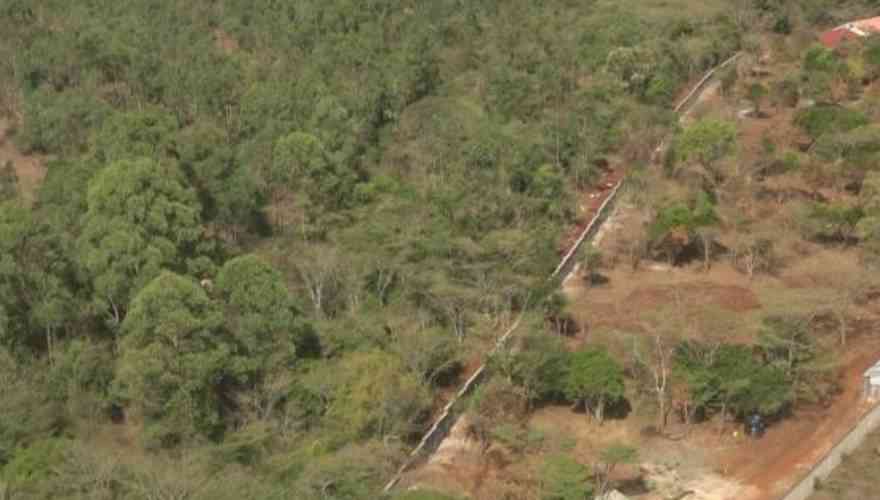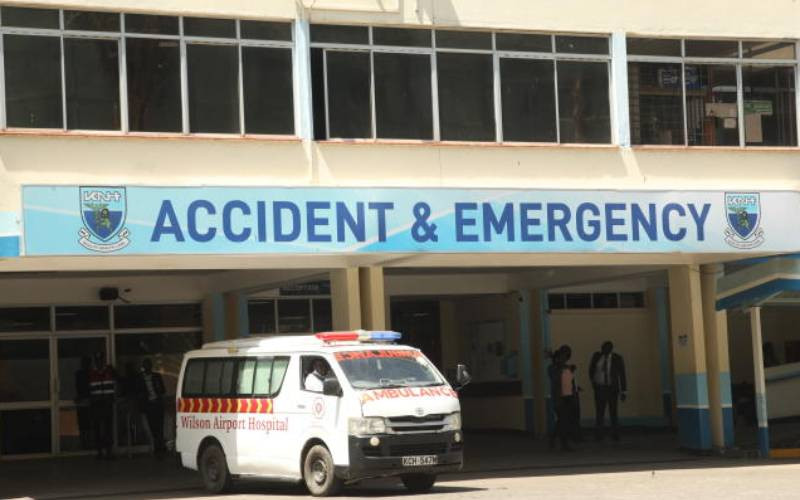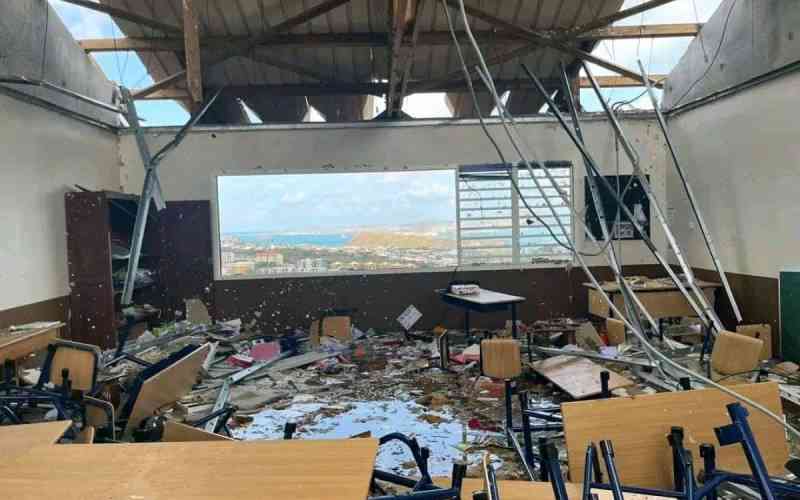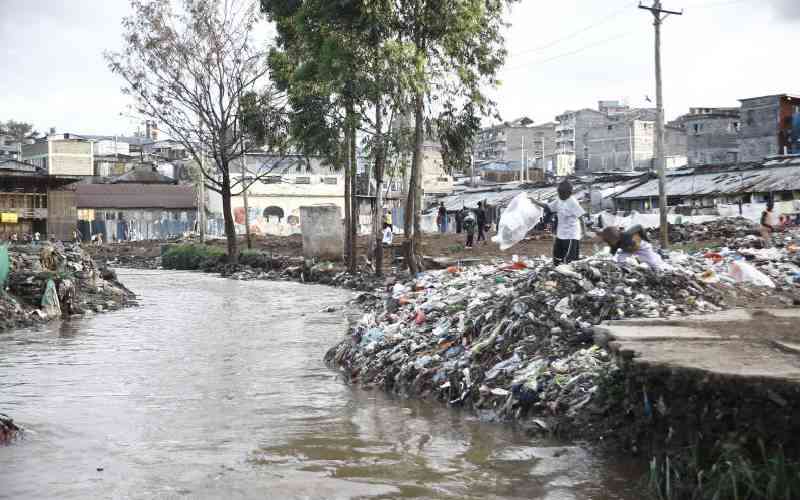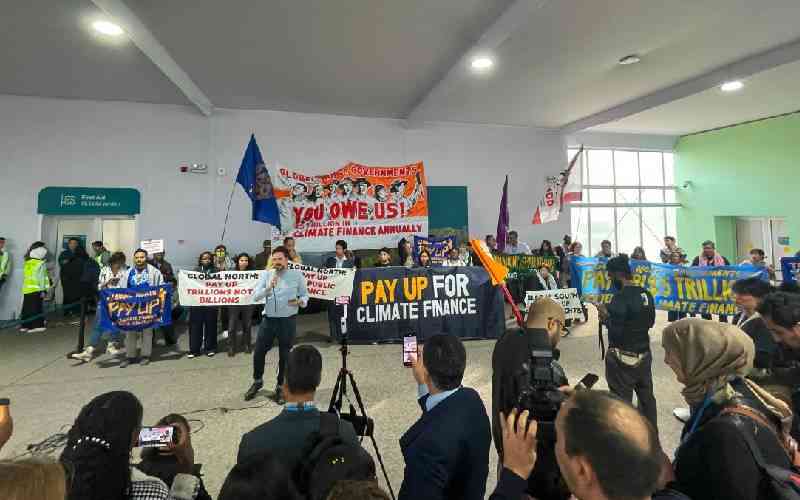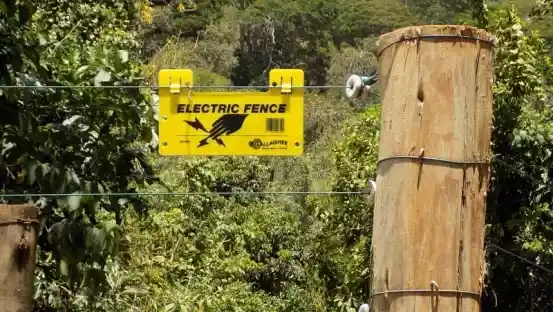The National Environment and Management Authority (Nema) has approved the construction of the controversial Ihite-Ndunyu Njeru road otherwise known as the Mau-Mau Road despite opposition from conservationists.
The construction of the road that cuts across Aberdares forest and National Park in Nyeri and Nyandarua counties, has been steeped in controversy since 2009 after conservationists raised concerns after Nema declined to approve the project.
However, on January 5, Nema gave THE green light to the Kenya National Highways Authority (KeNHA) to proceed with the construction of the 97.8 km road.
Nema wrote to KeNHA approving the project with a caveat that the width of the road be reviewed downwards from 40 t0 50 metres, in areas traversing the Aberdares forest and national park.
Part of the conditions Nema laid down in the license required KeNHA to come up with offset and the compensation plan that shall be authorized and supervised by the lead agencies responsible for the conservation and management of the National water towers, Forests and Wildlife.
As per the license, the road will include tunnels, underpasses, viaducts, and overpasses which Nema cites as mitigation measures to minimize the potential adverse impacts of the road to the sensitive Aberdares ecological areas.
The road comprises of the 52km Ihithe - Ndunyu Njeru main section, 12km Njengu - Treetops Gate- Amboni, 3.6km Ihithe- Kiamutiga Mukarara- 2km Ark Gate Access Road, 21km and Munyaka - Koinange Heni - Mwendandu, Njoma - Weru.
As per the Nema license, the construction of the road will claim 75 hectares of bamboo, 14 hectares of montane forest, and 14 hectares of moorlands.
"The proponent shall develop and implement a comprehensive offset and compensation plan for the 75Ha of bamboo, 14Ha of Montane forest, and 14Ha of moorlands with an estimated total biomass of 5,662 Mg ha-1; moorland 177 Mg ha-1, bamboo 4,300, and Forest has 1185 Mg ha-1 that shall be lost in the construction the road section traversing Aberdares Forest Reserve and National Park," Nema state.
Ihite-Ndunyu Njeru road has over the years attracted controversy with key agencies arguing that the ecological value of the ecosystem overrides its socio-economic benefits.
Aberdare ecosystem is one of the major water towers in the country and a fragile ecosystem recognized in the National Spatial Plan 2015-2045.
The ecosystem is a critical catchment and is key to carbon sequestration, and biodiversity conservation.
The Afromontane habitat hosts one of the largest remaining pockets of the critically endangered mountain bongos, over 60 endemic plants, endangered African Elephants, and a large number of bird species. It also hosts a population of endangered black rhinos.
In October 2009, the Nema objected the upgrade of the road, saying that it would have massive impact on the natural forest during construction.
In the 2009 letter of objection, Nema advised the Ministry of Roads to redesign its plans or explore alternative plans.
Over the years, conservationists have argued that construction of the road will compromise the integrity of the delicate ecosystem.
They argued that the road would compromise the ecological health of the sensitive moorlands, bamboo and montane forests, wildlife species, and their migratory dispersal and key habitats.
Nature Kenya Director Paul Matiku said that the forest is one of the key water towers in the country and a source of water that sustains livelihoods.
He argued that Aberdares is also critical in supporting hydroelectric projects like the Seven Forks hydroelectric power, which generates the bulk of Kenya's electricity. It is also the catchment area for Sasumua and Ndakaini dams that supply water to Kenya's Capital, Nairobi.
"The Aberdares absorb and sink carbon dioxide. The forest is a major source of many rivers that spring up right in it. These rivers are depended on by the communities as far as Tana Delta. Without the Aberdares, there is no water in Nairobi, there is no electricity, the hydro power depends on the Aberdares and Mt Kenya forests," Matiku says.
Rhino Ark CEO Christian Lambrects said: "The main risk of having a highway crossing Aberdare mountain ecosystem is that it will cut the ecosystem in two, it will fragment what is the most important forest ecosystem and important water tower causing degradation, forest destruction, and Wildlife roadkill".
 The Standard Group Plc is a multi-media organization with investments in media platforms spanning newspaper print
operations, television, radio broadcasting, digital and online services. The Standard Group is recognized as a
leading multi-media house in Kenya with a key influence in matters of national and international interest.
The Standard Group Plc is a multi-media organization with investments in media platforms spanning newspaper print
operations, television, radio broadcasting, digital and online services. The Standard Group is recognized as a
leading multi-media house in Kenya with a key influence in matters of national and international interest.

